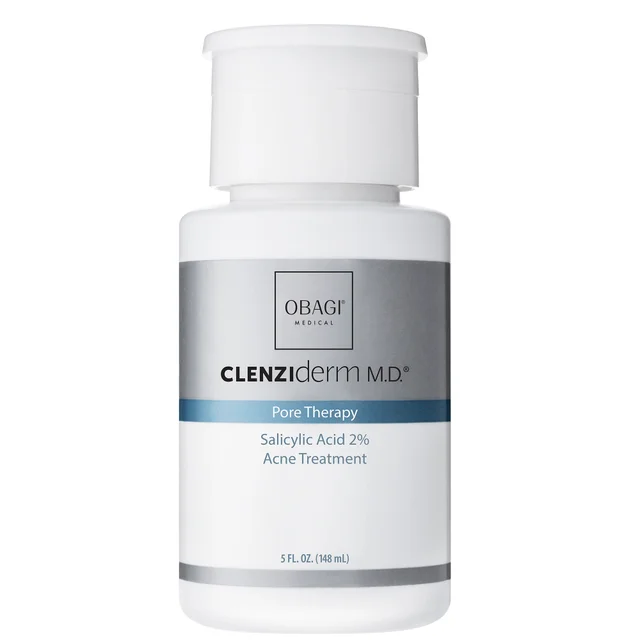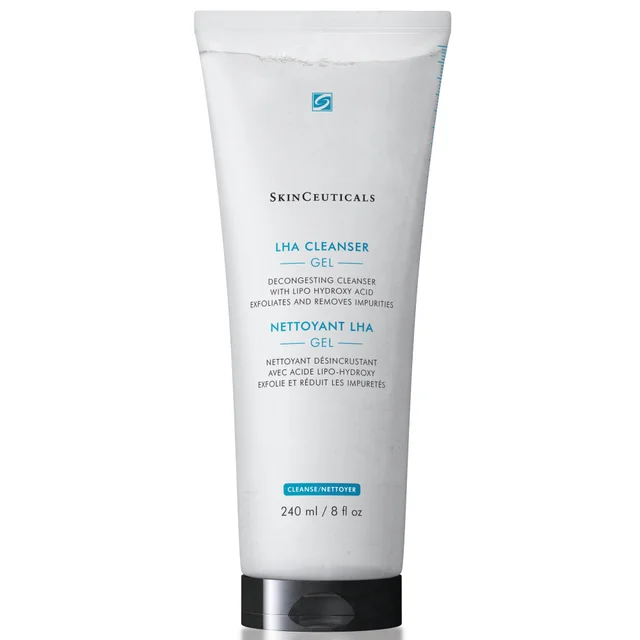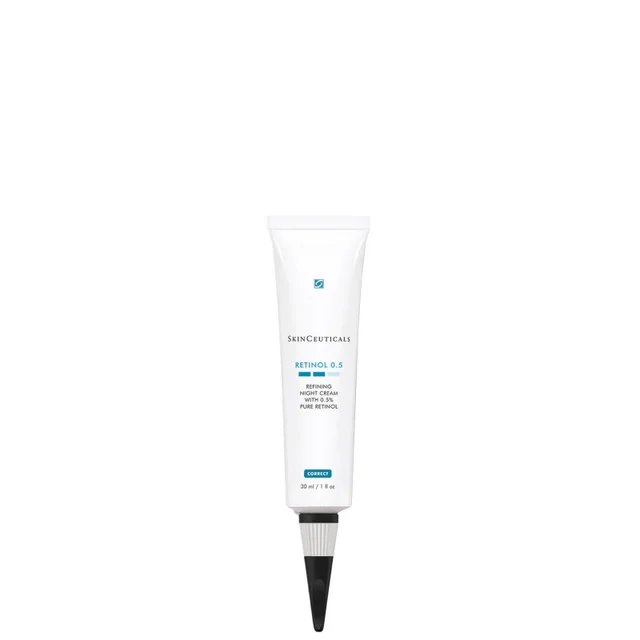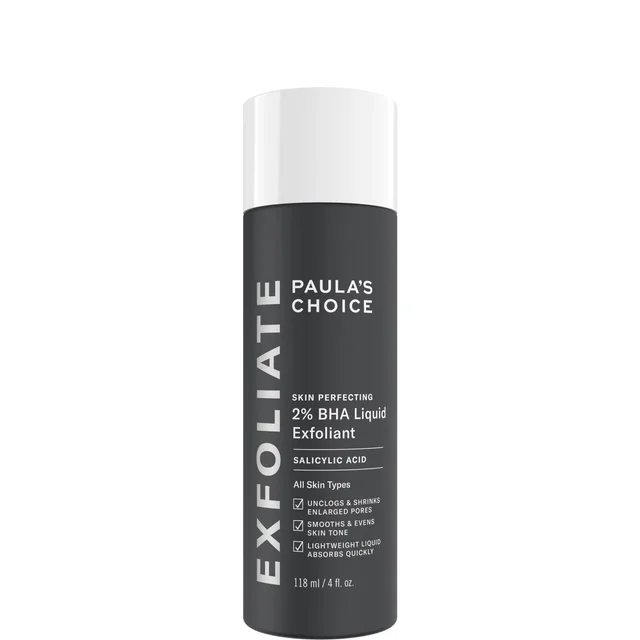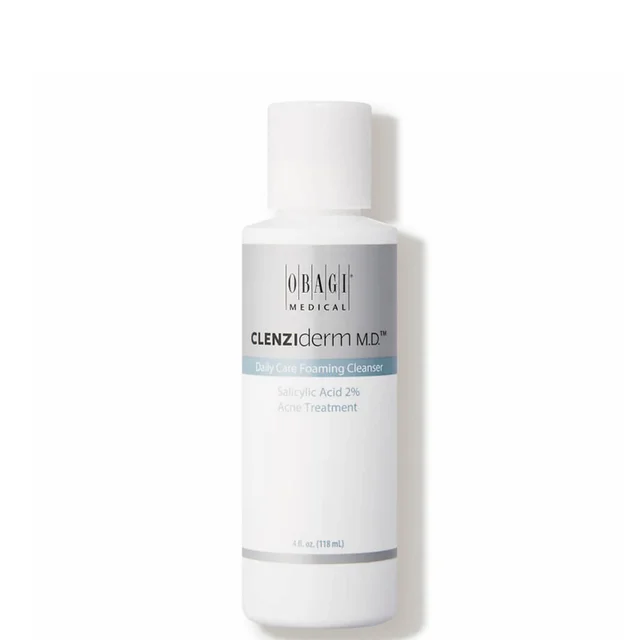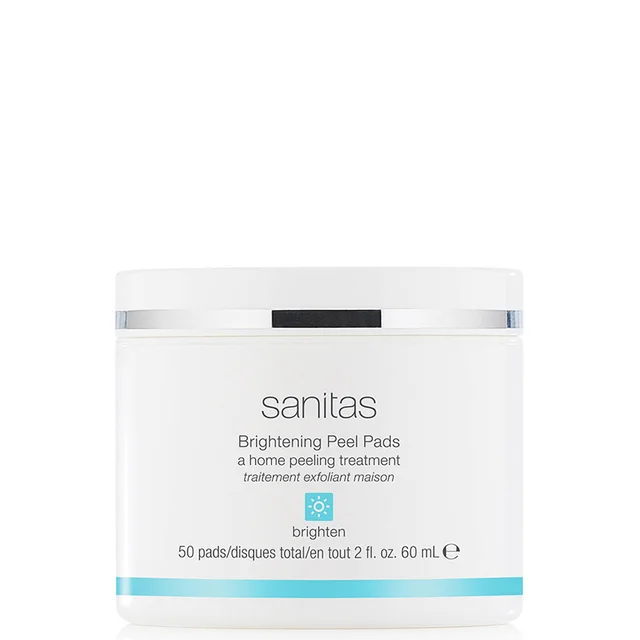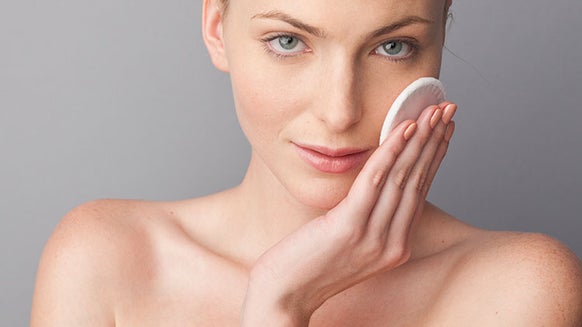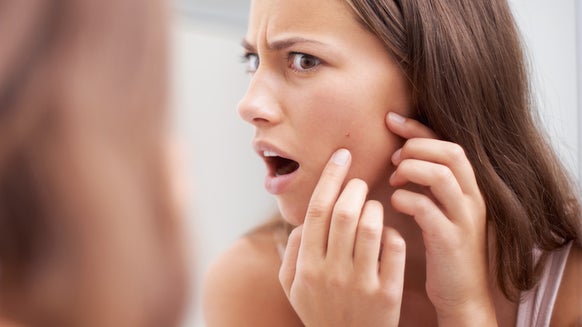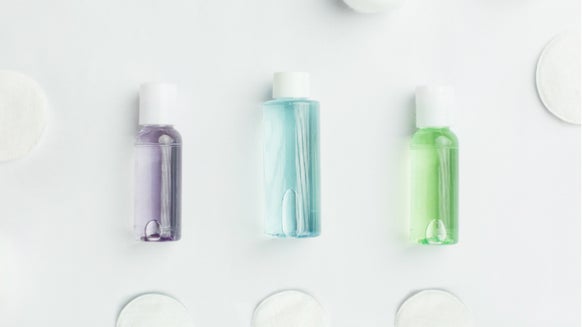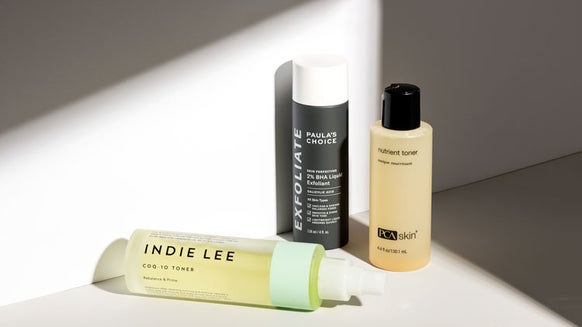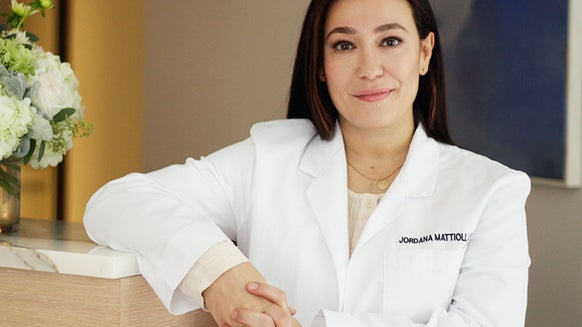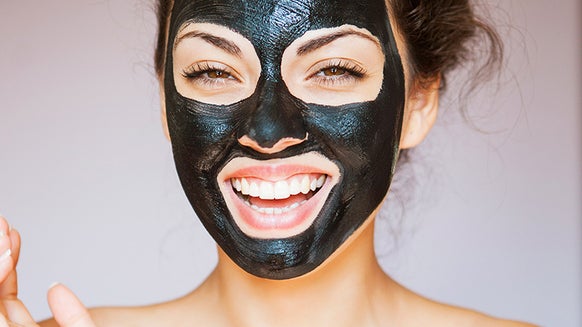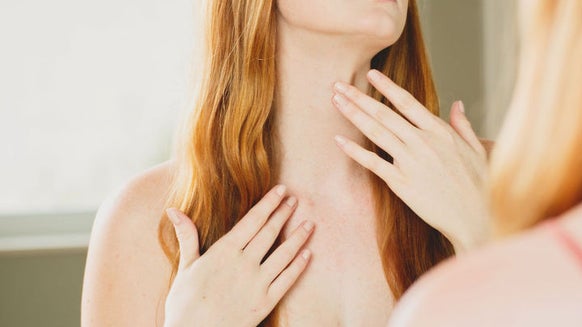How to Treat Blackheads: 5 Dos and Don’ts
Blackheads can make you feel like a teenager all over again, but fortunately these blemishes are treatable and temporary. Also known as "open comedones," blackheads result from excess oil that becomes trapped in pores beneath the skin's surface. Managing blackheads can be as simple as practicing good skin care through exfoliation, topical treatments and avoiding further irritation.
1. Do: Exfoliate Regularly
Apply a gentle exfoliant several times weekly to help remove stubborn dirt, makeup and dead skin cells that cleansing and rinsing might miss. When you do exfoliate, cleanse and wash your face, use a light touch and avoid harsh scrubbing. Pick an exfoliator that's best suited for your skin type. Physical exfoliators—like scrubs or cleansing brushes as well as chemical exfoliators—like alpha hydroxy and beta hydroxy acids—are good for combination and acne-prone skin. Those with dry skin may not be able to use exfoliators at all.
2. Don't: Squeeze the Spot
It can be tempting to try to extract them, but squeezing blackheads may irritate them further and even cause scarring. It's better to avoid touching blackheads at all. If you are in need of immediate extraction, seek the assistance of a professional.
3. Do: Treat Topically
Topical acne treatments that contain active ingredients like salicylic acid or benzoyl peroxide work to kill bacteria that settles on your skin, and also reduce oil production in areas prone to blackheads. Topical treatments are effective for many people and you can even see improvement within a few days. Even after blackheads disappear, you may need to continue applying treatment to prevent future breakouts.
4. Don't: Treat with Hydrogen Peroxide
Regardless of whether you have sensitive skin or not, it's a safe bet to treat blackheads with gentle products that are free of fragrances and irritants. Hydrogen peroxide is a commonly misused solution and is neither a gentle nor a valid long-term treatment. According to a study published in 2013 in the "Journal of Cosmetic Science," hydrogen peroxide can reduce both inflammation and lesion size over short-term periods of up to six weeks, but it's also an industrial-strength cleaner and bleaching agent. Since it can be irritating to skin even in diluted concentrations, it's best to seek out milder products for long-term treatment.
5. Do: Use a Retinoid
Topical retinoids are synthetic derivatives of vitamin A that can deliver a couple of benefits for clearing up your skin. First, they help unplug existing blackheads, which can increase the effectiveness of other topical treatments. They also act as preventive care, working to cut down on the formation of future lesions. If your blackheads are a result of acne, retinoids are especially effective.
This article has been reviewed by board-certified dermatologist Dr. Emmy Graber.

From the latest hair and makeup trends to the best solutions for your skin issues, we've got all your beauty concerns covered!
